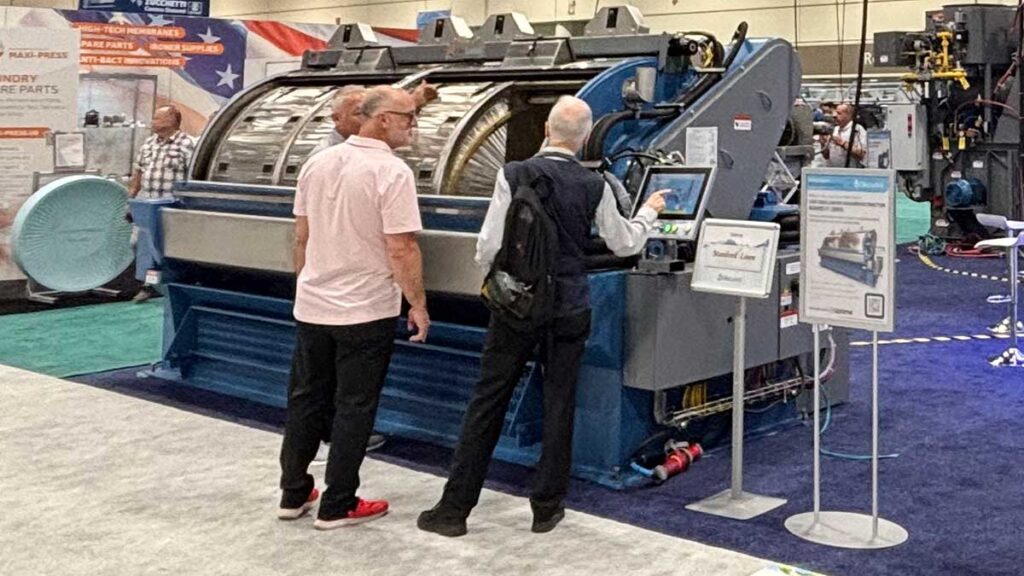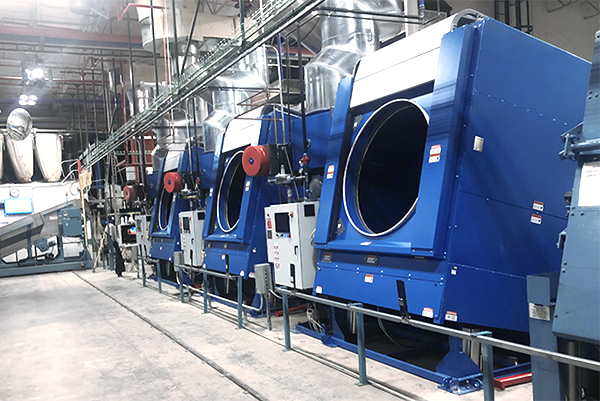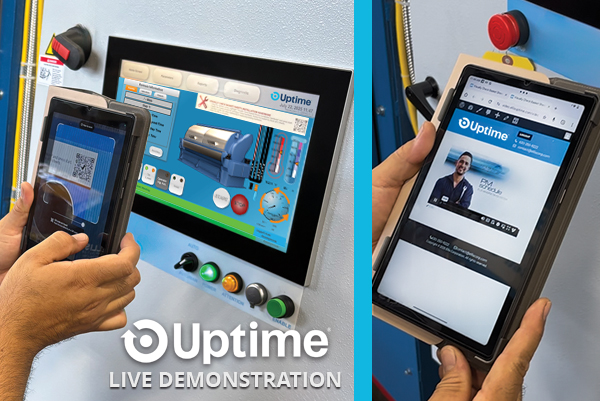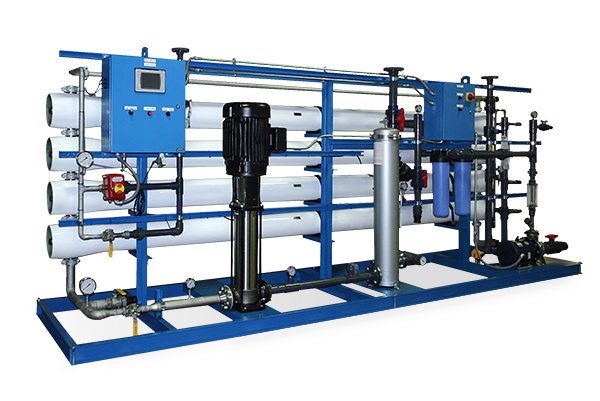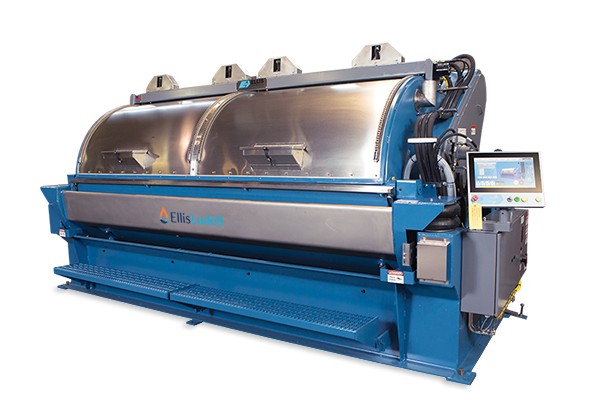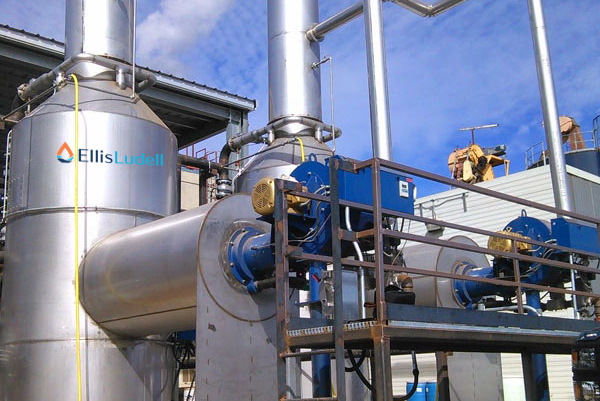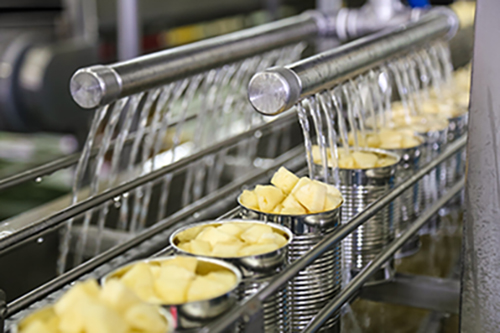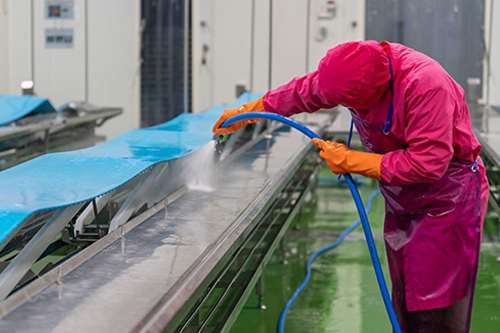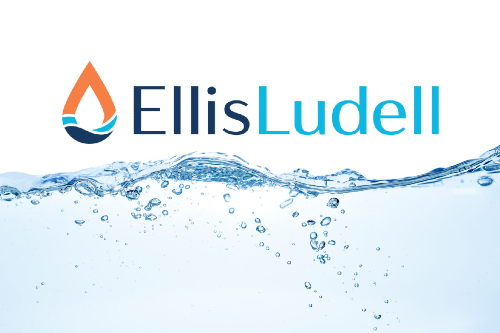ELLIS INSIGHTS 10 World Water Day
Each year on March 22nd, the United Nations brings to our attention World Water Day. World Water Day brings awareness to the world the importance to freshwater. It is estimated that nearly two billion people do not have access to safe drinking water.
We continually hear about Global Warming and how this continues to drive droughts globally. Limited water sources continue to dry up. Aquifers are going deeper every year. We do not have to go far to find significant drought areas in the United States. The western United States has been experiencing continuous drought conditions for over a decade

Areas needing water or snowfall are not receiving the precipitation. The snowfalls that once were in the mountains along the Colorado River are no longer record breaking. Without the snow, the river flow drops decreasing the water available for those who live along the river. Several states border the river and rely on water for survival. As populations grow and droughts continue there are legal challenges for those looking for more water.
We are seeing record flooding in other areas outside of the drought danger but the ground is so dry and hard that water cannot penetrate into the aquifers. Our largest surface freshwater source in the United States, the Great Lakes, is also seeing devastating drop in water levels. One inch of water within the Great Lakes is equivalent to one quadrillion gallons. The Great Lakes is the largest freshwater source in the world. Lake Superior is the largest surface area freshwater lake in the world at 32,000 square miles and up to 1,333 ft.
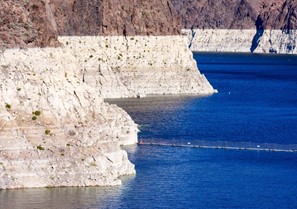
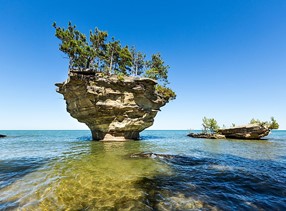
There is no need to go west to experience severe droughts. In 2008, a drought hit Georgia. The Chattahoochee River, and Lake Lanier dried up. The Governor imposed significant water restrictions to help reduce the unnecessary water usage. In areas where water was always available this became a challenge.
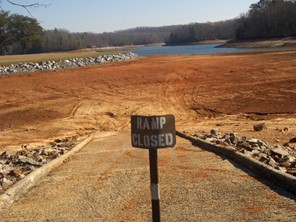
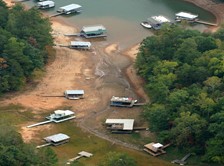
Lake Lanier was once a big recreation area
Many POTWs are now recycling their effluents and injecting the treated wastewater into local waterways and aquifers. In addition, there are communities already supplying agriculture areas and industrial parks with recycled effluents for irrigation and non-potable process waters.


Industry can use reuse waters such as recycled wastewater effluent from industrial pretreatment systems to add back to process water or to completely install a recycle water system to bring the wastewater back to potable or near-potable water quality.
Ellis wastewater pretreatment equipment can bring technologies to your business to reuse and recycle these effluents back into your process.
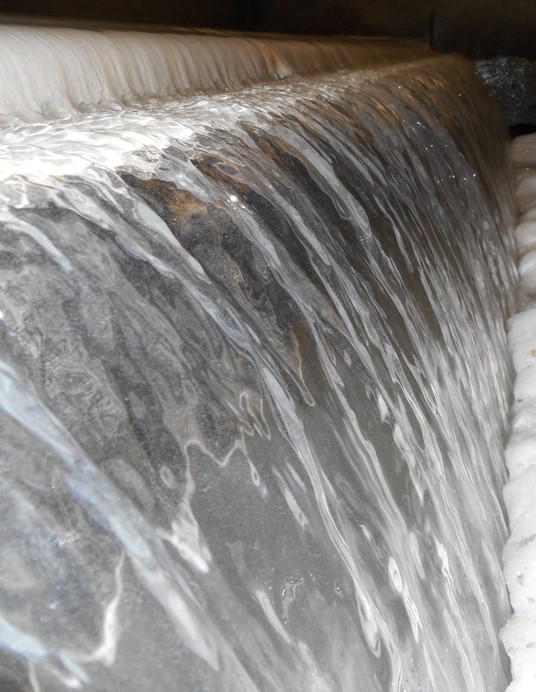
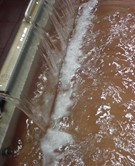
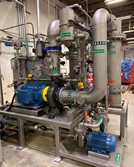
Contact Ellis Water Solutions to expand your effluent compliance program to meet reuse and recycle water goals.
Contact Us
We are here to answer your questions about water treatment, water heaters, and/or laundry equipment. Whether you need to replace existing equipment or engineer a whole new solution, contact EllisLudell for a solution right for you.
Related Blogs
Clean Show 2025 Recap: The Sideloader Leads the Way
Clean Show 2025 proved once again that EllisLudell is a force in industrial laundry. From the moment…
Whisper Dryer: Quiet Power That Speaks Volumes
Some dryers make noise. This one makes results. The EllisLudell Whisper Dryer is not just built for…
Uptime® – Equipment That Knows Exactly What to Do
Some machines run. Others think. Then there is the kind that changes how your team works from…
The Smarter Way to Clean Water Starts Here. Where Water Is Not Just Clean, It Is Competitive.
You do not just need water filtration. You need water control. You need fewer chemicals in your…
This Is What Intelligent Laundry Looks Like. Meet the Sideloader Built to Work
Let’s cut to it. You’re not in this industry for fluff. You need machines that show up,…
Why EllisLudell’s Certified DCWH Sets a Higher Standard
See It First at The Clean Show What you’ll see at booth 2811 at The Clean Show…
The Cost of Cutting Corners in Industrial Laundry: What You Risk with a Non-Certified Water Heater
In industrial laundry operations, cost and lead time often drive equipment decisions. But when your water heating…
Certified Water Heaters Protect Temperature and Product Quality in Food Processing
Food safety is not just a priority. It is a requirement that touches every decision you make…
NSF Certification: A Critical Standard for Food Processors
In the food processing industry, water plays a central but often underappreciated role. It supports sanitation, blending,…
Challenges in Operating Industrial Wastewater Treatment Systems
There are major challenges facing operators of industrial wastewater treatment systems that can affect the major overall…

